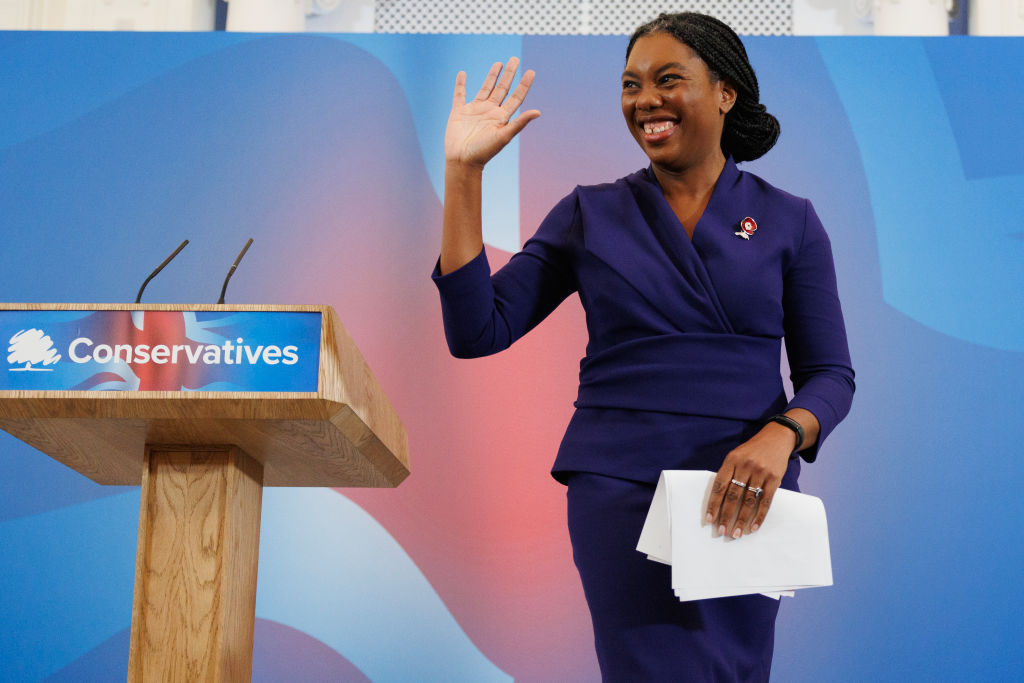After their catastrophic election defeat in July, you might expect to find the Tories fearful about the future. But that’s not the picture revealed by the latest ConservativeHome survey of party members.
An astonishing 38% of those canvassed expect a Conservative majority at the next election — a huge surge of optimism since the immediate aftermath of the party’s landslide defeat, when only 17% expected to win a majority next time. What’s more, this month’s survey shows that a further 18% of members foresee a Conservative-led coalition government and 11% a Conservative minority government. So just a few months after the Labour landslide, most Conservatives expect to be back in power before the end of the decade — which is bold.
Of course, this is a survey of party members — and one might expect a gung-ho attitude from activists. Perhaps the mood is more pessimistic among ordinary Conservative voters. But according to YouGov, this second and much larger group is even more confident of a swift recovery. 19% expect a large Conservative majority at the next election and 34% a small majority. A further 20% expect a hung parliament, but with the party still getting back into power.
It should be said that the YouGov data reveals a gulf between Tory voters and the electorate as a whole — who aren’t even half as convinced that the next election will result in a Conservative majority. It’s therefore reasonable to suppose that both Tory members and Tory voters are expressing what they hope will happen, not what they truly believe will happen.
For instance, just how plausible is the idea that the Conservatives might return at the head of a coalition government like they did in 2010? Just who would the coalition be with? Not the Lib Dems, that’s for sure. There’s always Nigel Farage and friends, but for there to be enough Tory and Reform MPs to command a majority, both parties would need to make major breakthroughs at the next election. The minimum requirement for this double whammy would be an agreement not to cancel each other out in target seats.
However, Kemi Badenoch doesn’t have a mandate to strike such a deal because she didn’t seek one in the leadership contest. Her best hope, then, is not to partner with Reform, but to re-absorb it by winning back ex-Tory voters. Unfortunately for her, the evidence that this is happening is elusive.
Polls from More in Common, Techne UK and Opinium do contain some good news for the Tories, but none of them show Reform fading away. What’s more, council by-election results — for instance, in Blackpool, Wyre and Telford — continue to demonstrate the ability of Reform to split the Right-of-centre vote, or to take seats from the Tories directly.
Despite Keir Starmer’s problems in power, the surge in Tory optimism is running way ahead of the party’s actual recovery. That puts Badenoch in a vulnerable position, because disappointing desperate hope is a dangerous thing.
Foolishly, her colleagues are talking up the prospect of defeating Labour in the space of a single parliament. That might be good for morale, but it brings forward the deadline by which she has to prove herself.











Join the discussion
Join like minded readers that support our journalism by becoming a paid subscriber
To join the discussion in the comments, become a paid subscriber.
Join like minded readers that support our journalism, read unlimited articles and enjoy other subscriber-only benefits.
Subscribe